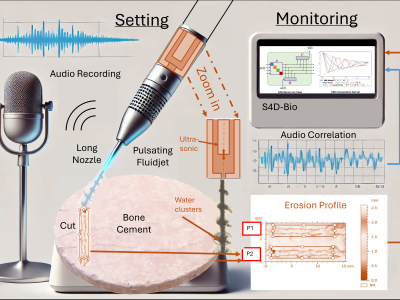
In this paper we use Natural Language Processing techniques to improve different machine learning approaches (Support Vector Machines (SVM), Local SVM, Random Forests) to the problem of automatic keyphrases extraction from scientific papers. For the evaluation we propose a large and high-quality dataset: 2000 ACM papers from the Computer Science domain. We evaluate by comparison with expert-assigned keyphrases.
- Categories:


